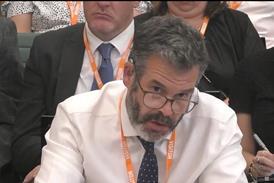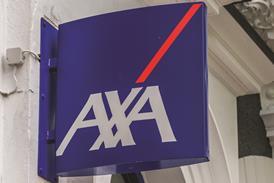A High Court judge has made clear that clients should resist calling their own solicitor to give evidence, warning that to do so may give rise to a potential conflict of interest.
In SRCL Ltd v The National Health Service Commissioning Board, The Honourable Mr Justice Fraser said the calling of Frances Mussellwhite, an associate with national firm Bevan Brittan, was ‘highly unsatisfactory’ and placed her in a difficult position.
The firm had represented the claimant, a provider of healthcare waste and compliance services, in a dispute about the bidding process for contracted services in Cumbria and the north east. The company claimed the winning bid at auction was abnormally low and the process unlawful.
The judge said it was very unusual for a solicitor, acting for a party in litigation, to give evidence on that party’s behalf as a witness of fact.
‘I am confident that Ms Mussellwhite gave her evidence accurately, but there is a line that ought to be preserved in terms of potential conflicts of interest,’ said the judge.
‘Solicitors such as Ms Mussellwhite should not be put in this position. It will only be in extremely rare circumstances that it will be necessary and/or permissible for a party in a procurement case to call its own trusted adviser to give evidence on substantive issues of fact.
The judge added it was necessary to state basic principles about the calling of evidence, notably that no solicitor should be called by its own client to give evidence if that is likely to give rise to a conflict of interest.
Mussellwhite was included in three so-called ‘confidentiality rings’, established by each of the parties involved in the litigation. The judge said there was nothing wrong with her being involved in each, but he was critical of SRCL for accepting that none of its employee could be in the NHS group and calling its own solicitor to ‘work around’ restrictions by having her give evidence on confidential matters. The situation could have been avoided, he said, if the same evidence had been called from a director or somebody else involved at the time.
The difficulty was exacerbated by a dispute about limitation issues between the parties, and the timing of proceedings being issued, meaning Mussellwhite was effectively justifying whether she and other advisers had been acting correctly. He ultimately ruled there was no good reason for going over the 30-day limitation period and so the claim failed. The grounds for challenging the procurement would have failed in any case, the judge added.
Jason Coppel QC, instructed by Bevan Brittan LLP, appeared for the claimant. Rhodri Williams QC, instructed by Hill Dickinson LLP, appeared for the defendant.



























22 Readers' comments